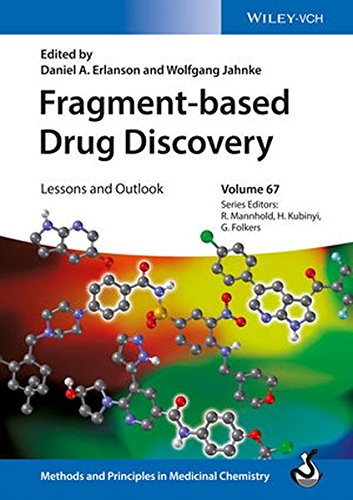

Most ebook files are in PDF format, so you can easily read them using various software such as Foxit Reader or directly on the Google Chrome browser.
Some ebook files are released by publishers in other formats such as .awz, .mobi, .epub, .fb2, etc. You may need to install specific software to read these formats on mobile/PC, such as Calibre.
Please read the tutorial at this link: https://ebookbell.com/faq
We offer FREE conversion to the popular formats you request; however, this may take some time. Therefore, right after payment, please email us, and we will try to provide the service as quickly as possible.
For some exceptional file formats or broken links (if any), please refrain from opening any disputes. Instead, email us first, and we will try to assist within a maximum of 6 hours.
EbookBell Team

4.8
94 reviewsFrom its origins as a niche technique more than 15 years ago, fragment-based approaches have become a major tool for drug and ligand discovery, often yielding results where other methods have failed. Written by the pioneers in the field, this book provides a comprehensive overview of current methods and applications of fragment-based discovery, as well as an outlook on where the field is headed.
The first part discusses basic considerations of when to use fragment-based methods, how to select targets, and how to build libraries in the chemical fragment space. The second part describes established, novel and emerging methods for fragment screening, including empirical as well as computational approaches. Special cases of fragment-based screening, e. g. for complex target systems and for covalent inhibitors are also discussed. The third part presents several case studies from recent and on-going drug discovery projects for a variety of target classes, from kinases and phosphatases to targeting protein-protein interaction and epigenetic targets.